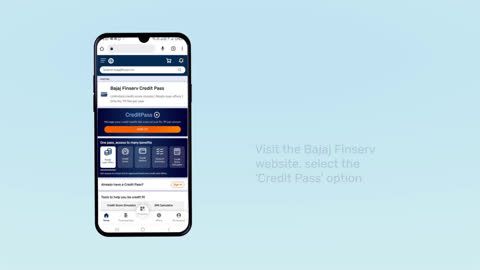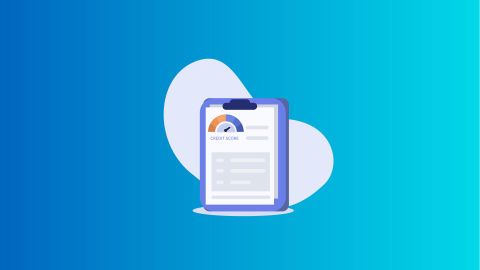Any changes or amendments to PAN rules are significant and should be noted. Recently, the Central Board of Direct Taxes (CBDT) introduced new provisions regarding the applicability of PAN cards. If you are not aware of these changes, do not worry, We are here to explain them in a simple and easy-to-understand manner.
Amendments to PAN card rules
1. Financial transactions of Rs. 2,50,000 or more
If you are involved in any financial transaction amounting to Rs. 2,50,000 or more, possessing a PAN card is mandatory. This rule applies to all resident assessees, other than individuals. If you do not have a PAN card, you must apply for one by 31st May of the year immediately following the financial year in which the transaction was executed.2. Business stakeholders
If you hold a financial interest in a business, you need a PAN card. This requirement applies to individuals in roles such as managing director, director, partner, trustee, author, founder, Karta, CEO, principal officer, office-bearer, or anyone competent to act on behalf of the business. You must apply for a PAN card by 31st May of the year immediately following the financial year in which the transaction was executed if you do not already have one.3. Empowerment of single mothers
In a progressive move, single mothers are no longer required to mention the father's name while applying for their child's PAN card. From now on, the mother's name will hold equal importance and can be listed in place of the father's name.4. Right to equality for transgenders
Following the Supreme Court's ruling in favour of equal rights for transgender individuals, the PAN card application form now includes an option for the third gender, in addition to male and female.5. Mandatory requirement of quoting Aadhaar
When applying for a PAN card, it is now mandatory to quote your Aadhaar number. Without an Aadhaar card, you will not be able to apply for a PAN card.It is important to note that the changes outlined in points 1, 2, and 3 will come into effect from 5th December onwards. If you haven't applied for a PAN card and need one, visit the PAN Card page for a hassle-free application process.
Conclusion
Staying informed about the latest PAN card rules and amendments is crucial for smooth financial transactions. The new provisions by CBDT aim to make the PAN application process more inclusive and secure. Ensure you comply with these rules to avoid any disruptions in your financial dealings.For more detailed information on PAN cards, including application procedures and fees, visit the PAN Card page.




